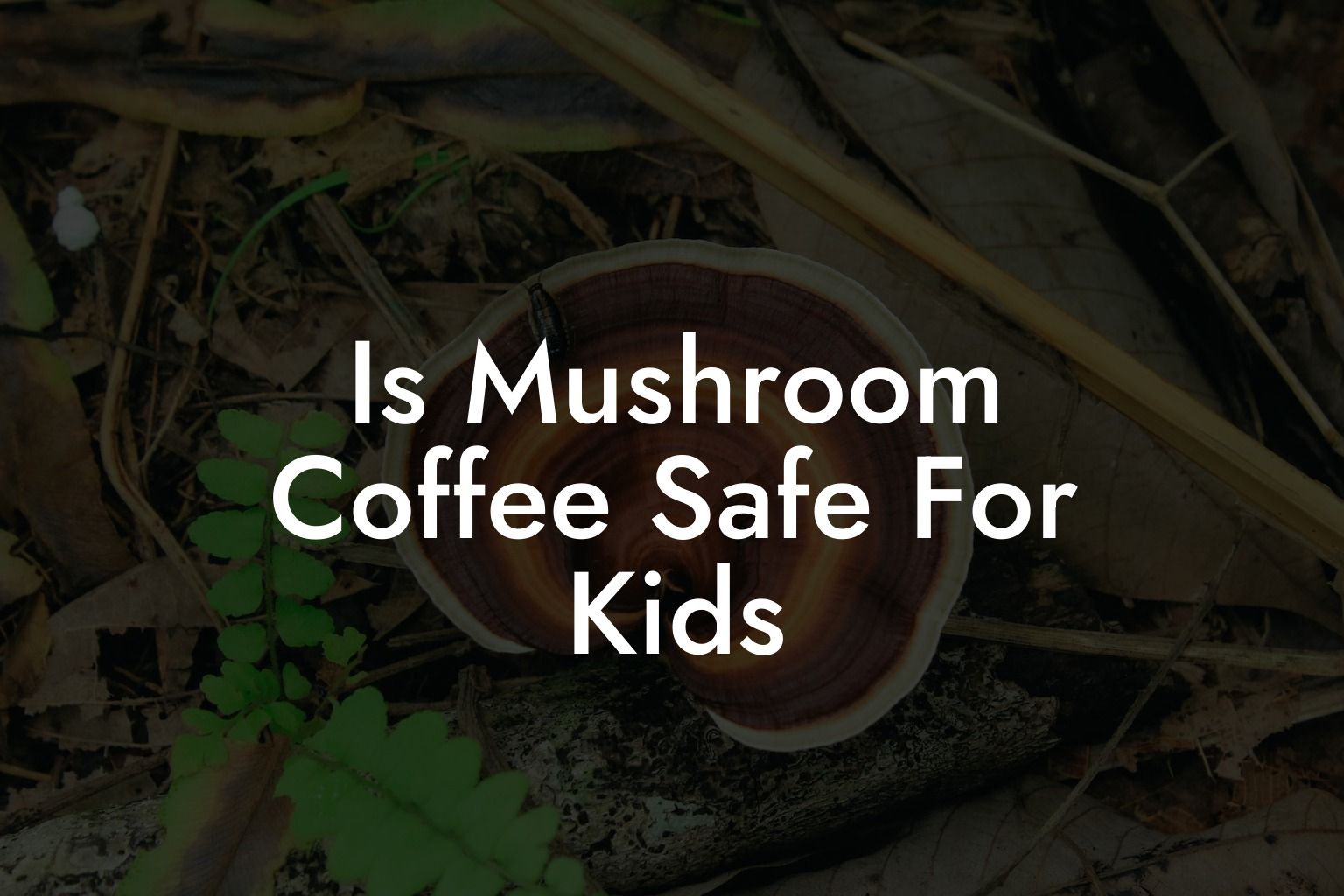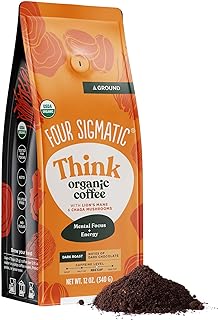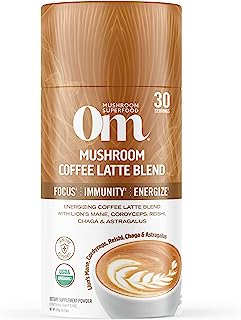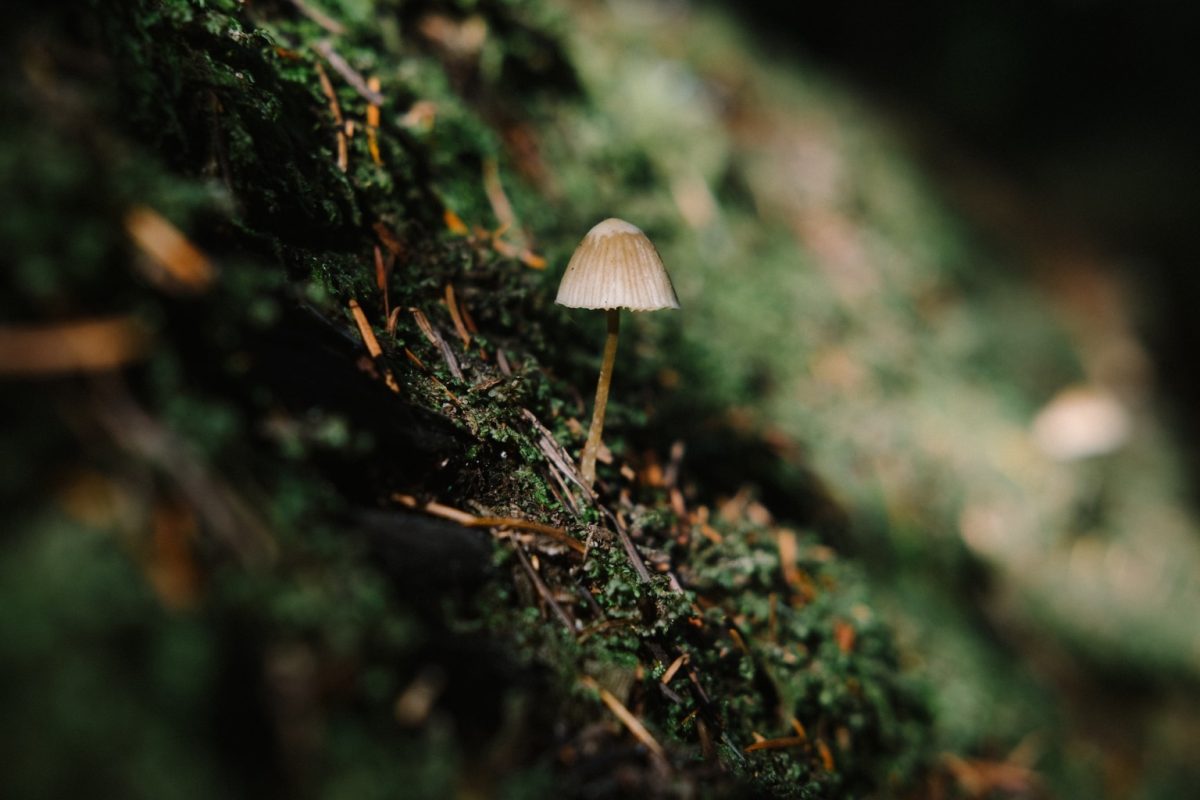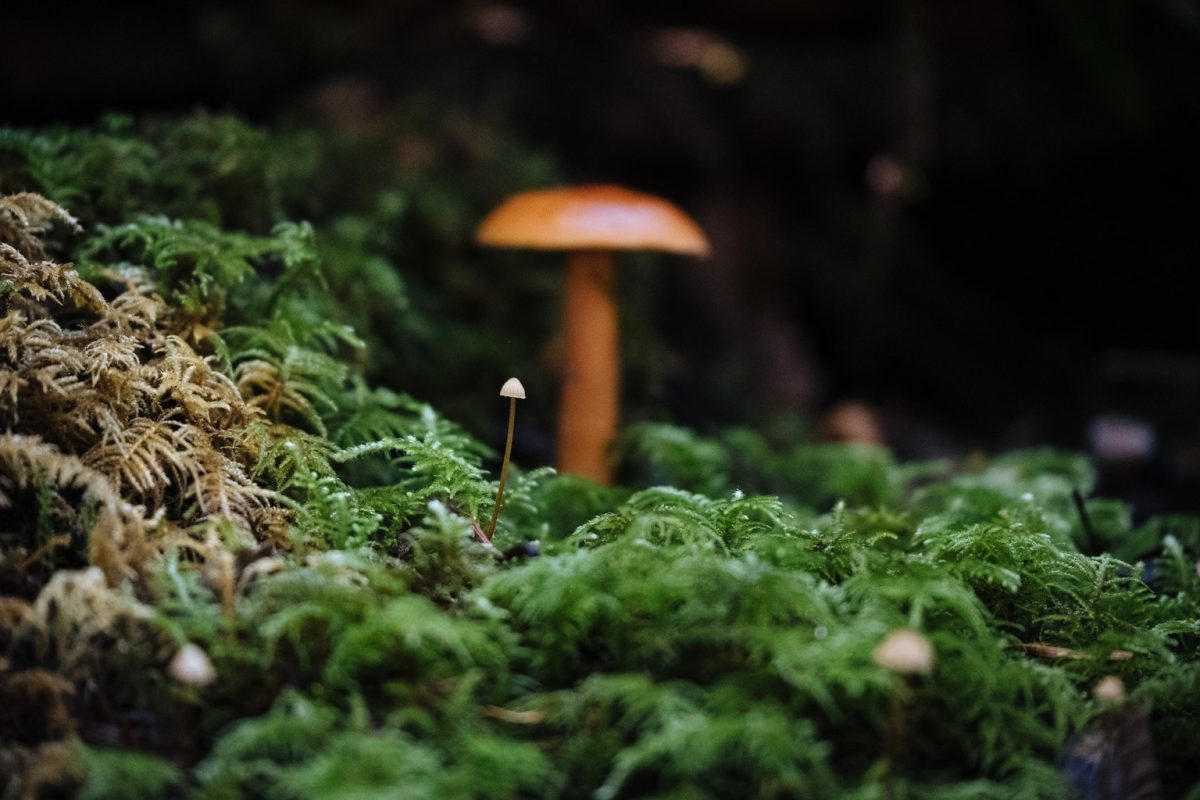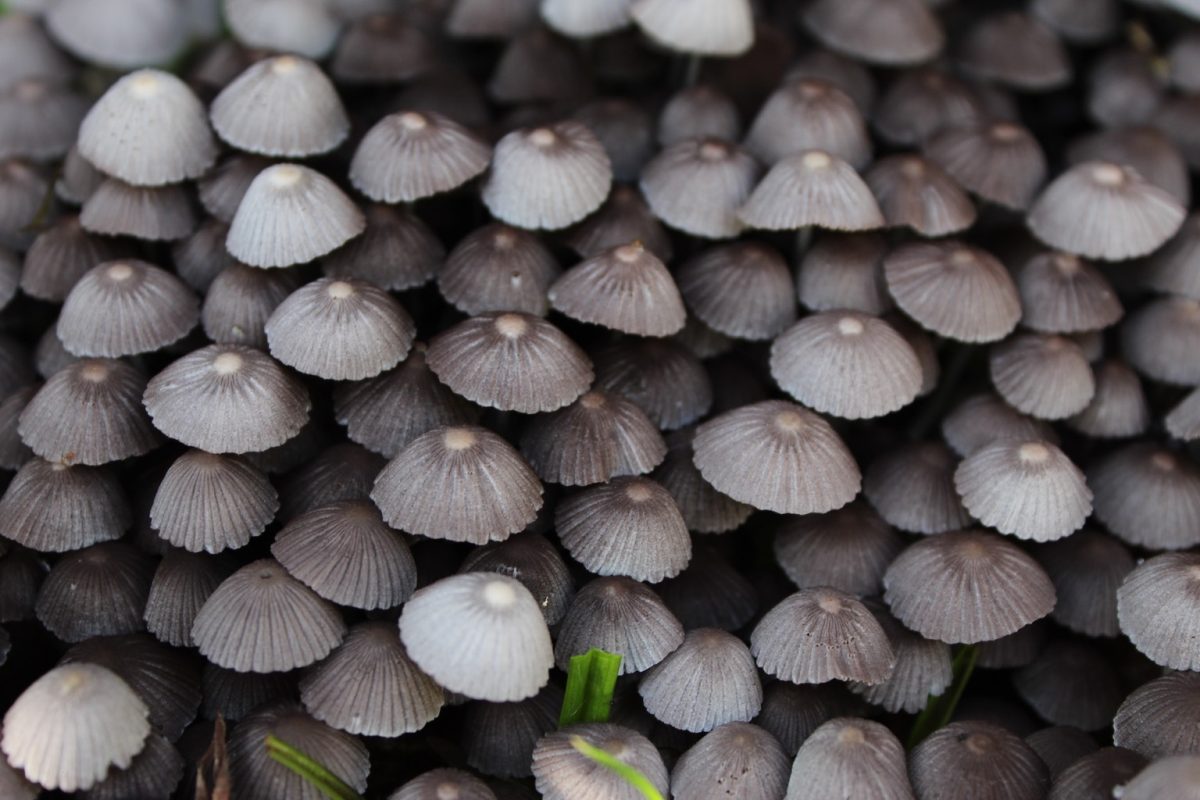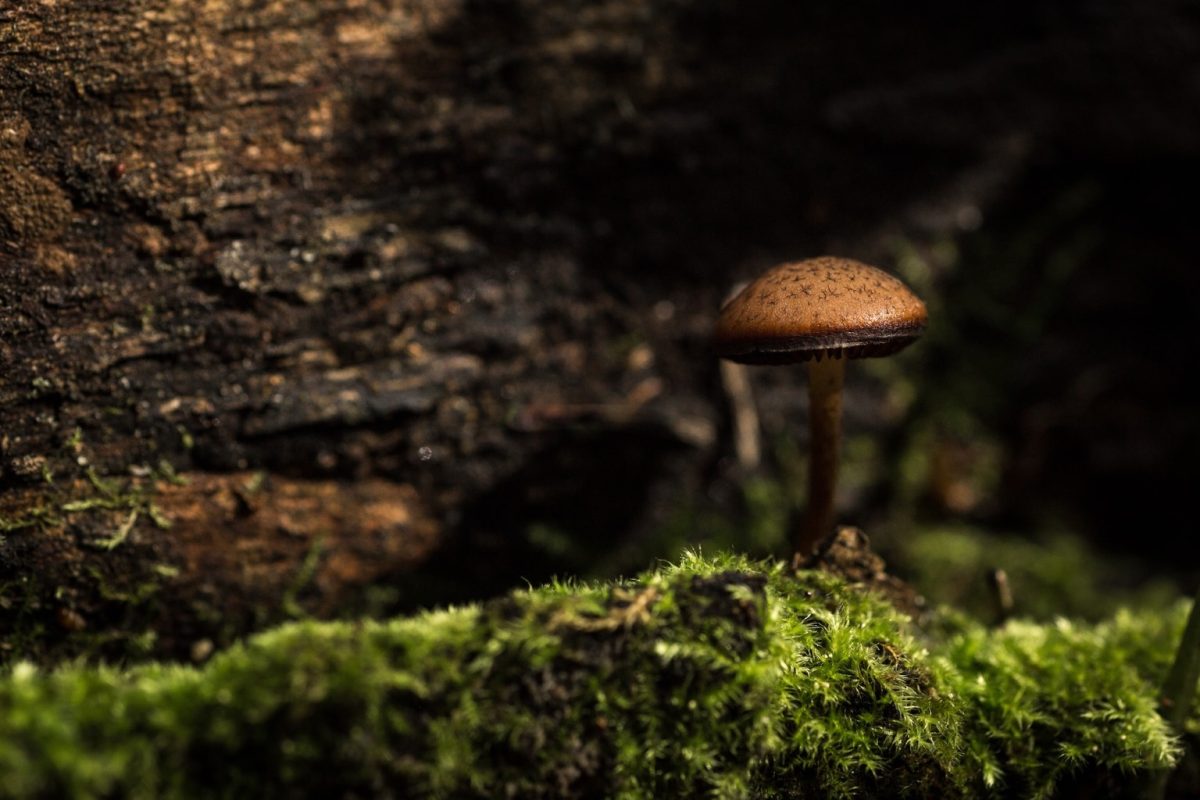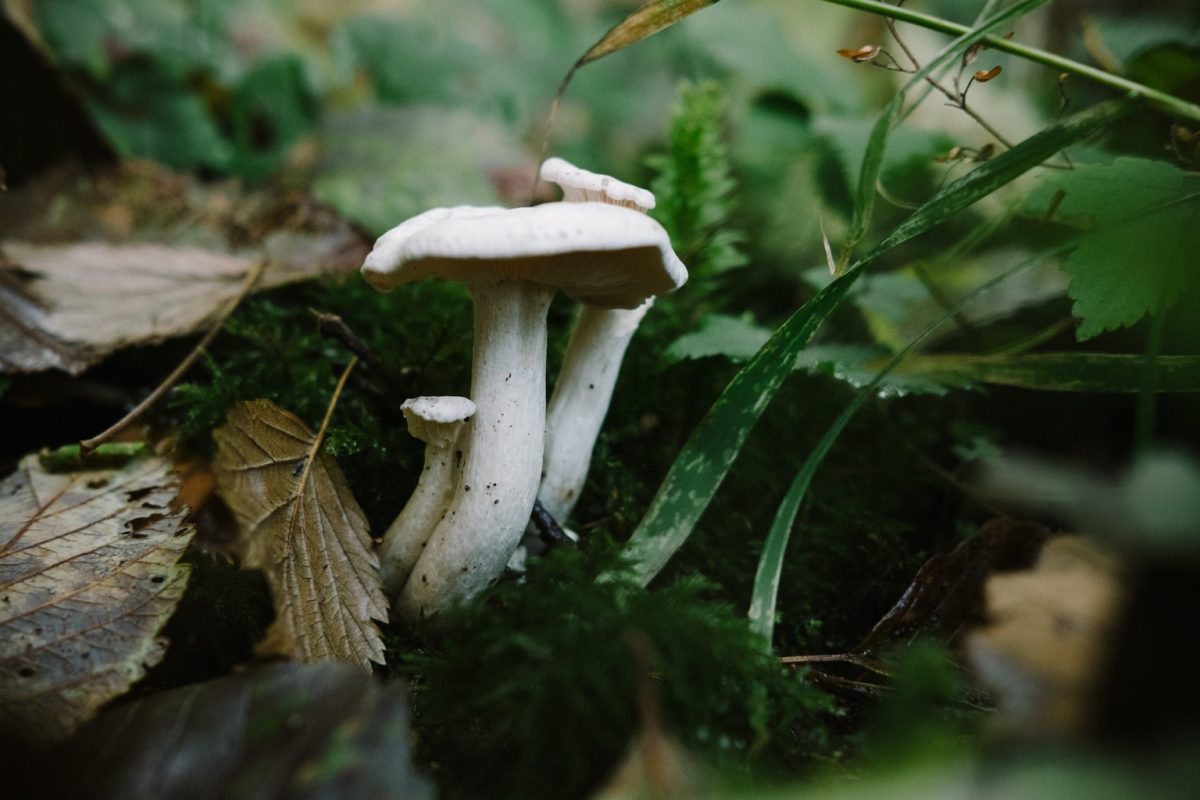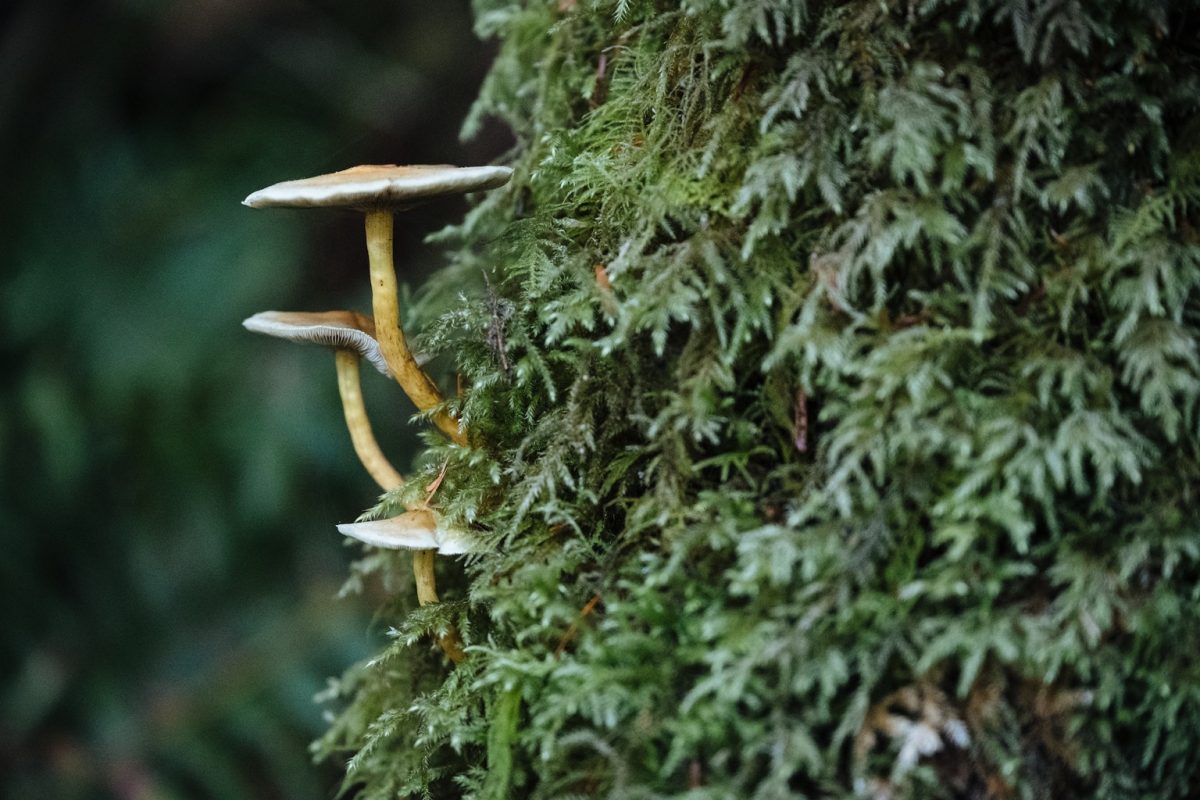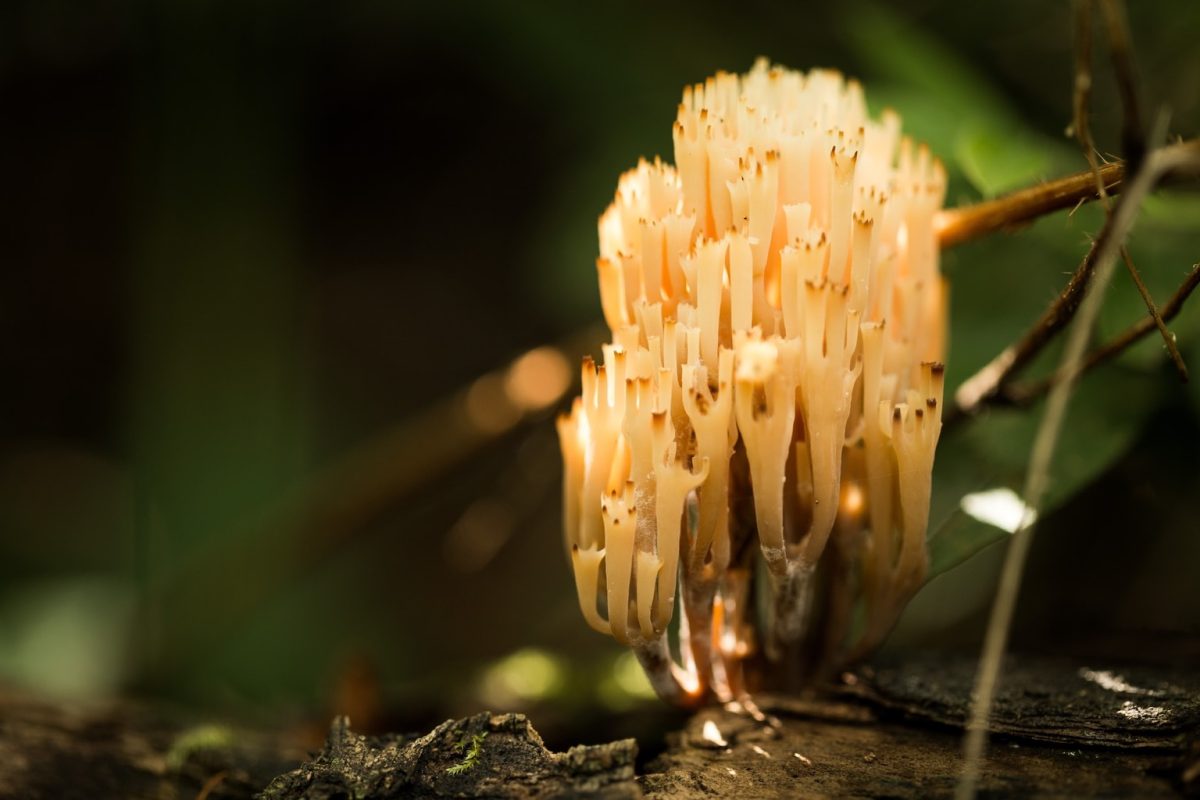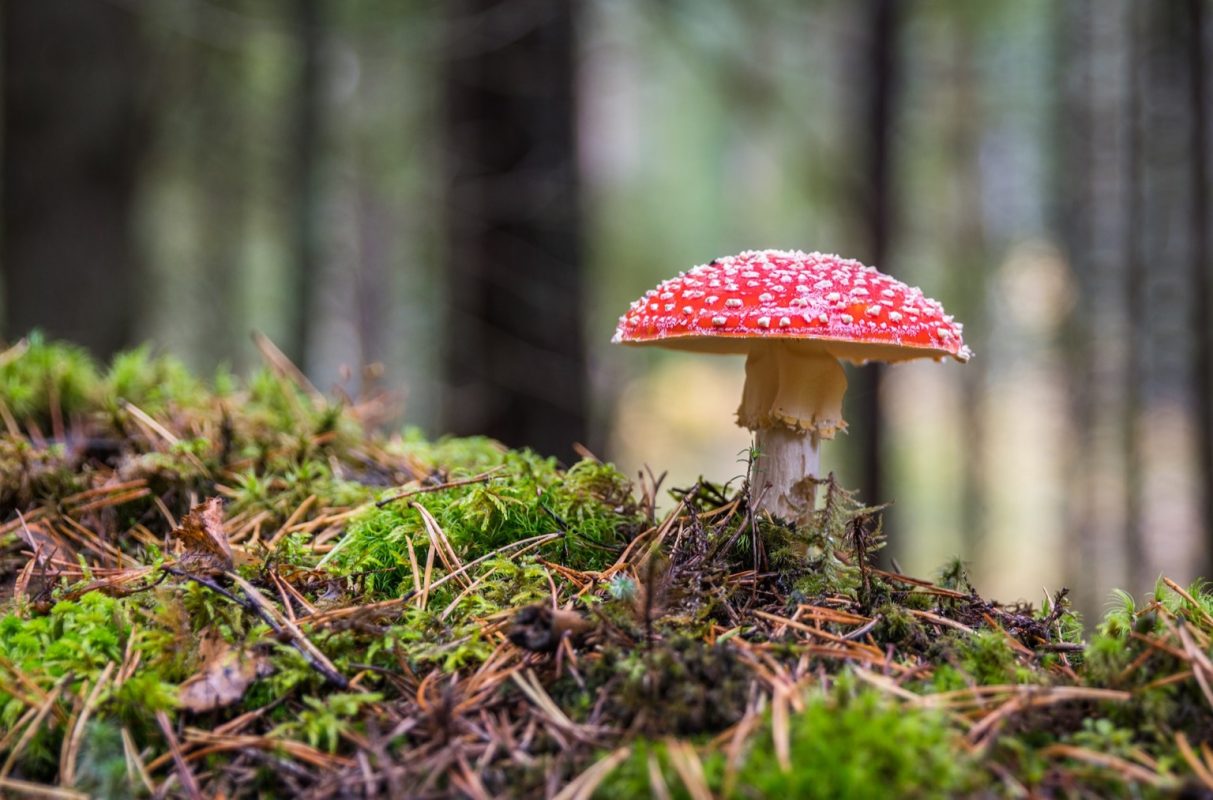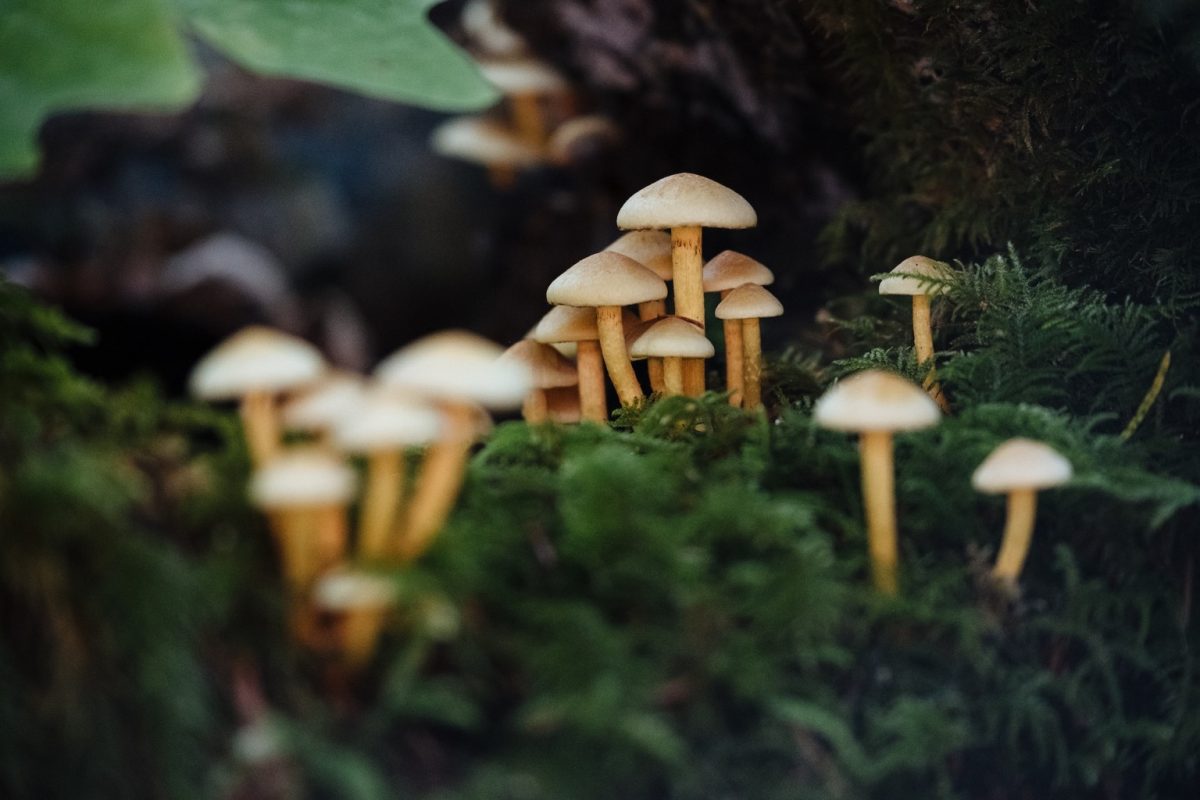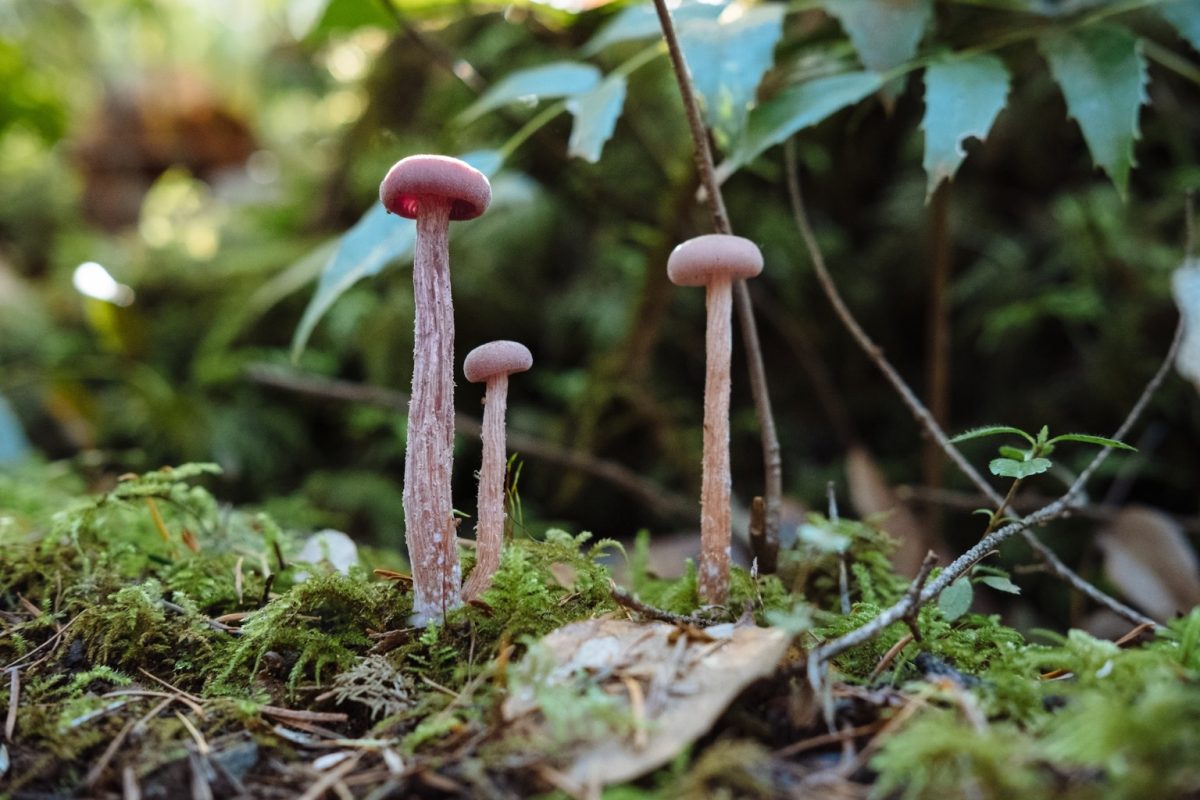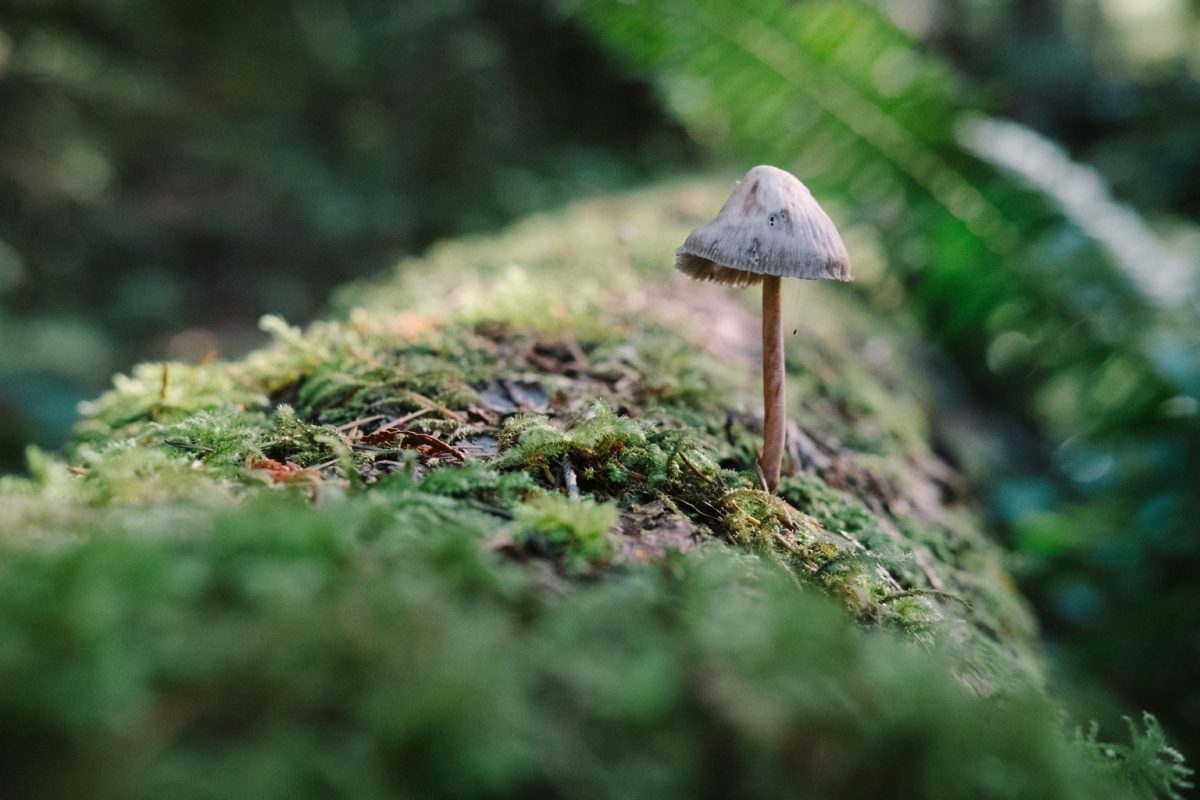Ever wondered if slurping a trendy cup of mushroom coffee is more of an edgy health hack or a parental no-no for your kiddos? Picture this: a world where your favorite fungi-infused brew meets the vibrant energy of Gen-Z and millennials, only now, the question is whether this buzz-worthy beverage is cool or cautionary for kids. Let’s embark on this quirky deep dive into the realm of mushroom coffee safety for children, blending science, humor, and a dash of parental wisdom.
Quick Links to Useful Sections
- The Buzz Behind Mushroom Coffee
- What Exactly is Mushroom Coffee?
- Mushrooms Meet Coffee: The Ingredients Breakdown
- The Rise of Functional Beverages and Adaptogens
- Safety First: Is Mushroom Coffee Safe for Kids?
- Understanding Caffeine Content
- The Role of Medicinal Mushrooms
- Potential Risks and Considerations
- Age Recommendations and Parental Guidelines
- Possible Benefits: Are There Any Upsides for Kids?
- Expert Opinions and What the Research Says
- Alternatives to Mushroom Coffee for Kids
- How to Introduce New Beverages Safely at Home
- Your Journey to Informed Choices: Resources and Community Support
- Deep Dive: Science, Myths, and Facts about Mushroom Coffee for Kids
- Exploring the Broader Context: Functional Foods and Modern Lifestyles
- Frequently Asked Questions About Mushroom Coffee and Kids
- Your Journey to Informed Choices
The Buzz Behind Mushroom Coffee
Mushroom coffee has exploded onto the scene, captivating the hearts (and taste buds) of health-conscious trendsetters across the globe. Fusing the strong, robust flavor of coffee with the powerful benefits of medicinal mushrooms like chaga, reishi, and lion’s mane, this brew is hailed as a functional beverage that supports immunity, mood, and mental clarity. But as its popularity rises, so do the questions, especially among parents wondering whether this alternative coffee is safe for kids.
In this guide, we’ll unpack everything from the origins and ingredients of mushroom coffee to the scientific evidence behind its use. We’ll also explore the nuances of caffeine, the role of medicinal mushrooms, and what experts (and real parents) have to say about introducing this novel beverage to younger palates.
What Exactly is Mushroom Coffee?
At its core, mushroom coffee is not your average cup of joe. It’s the brainchild of innovators who wanted to combine the robust energy boost of coffee with the adaptogenic properties of mushrooms. The result? A beverage that promises to enhance focus, balance stress, and potentially boost immune function, all while delivering that signature coffee kick.
Rather than being a magical potion that transforms late-night study sessions into productivity marathons, mushroom coffee is a blend of ground coffee beans and powdered medicinal mushrooms. Proponents claim that this brew offers a smoother energy ramp-up with fewer jitters compared to traditional coffee, making it a darling in the wellness community.
Looking For The Best Mushroom Coffee? You'll Love These:
But here’s the kicker: while mushroom coffee is celebrated for its benefits by busy millennials and Gen-Z professionals, its safety profile for kids is a different ballgame altogether. The conversation shifts from “What energizes me?” to “Is this appropriate for my little one’s developing body?”
Mushrooms Meet Coffee: The Ingredients Breakdown
Let’s break it down. Mushroom coffee usually features a cocktail of ingredients:
- Coffee Beans: These provide caffeine, the beloved stimulant known to sharpen focus and elevate mood, but also a potential pitfall for children due to its stimulating effects.
- Mushroom Extracts: Popular strains include reishi (renowned for stress reduction), chaga (famed for its antioxidant prowess), and lion’s mane (celebrated for cognitive support). These mushrooms are centuries-old medicinal powerhouses, yet their effects in children are not as widely studied.
- Additional Botanicals and Adaptogens: Some blends may include herbs like ashwagandha or turmeric designed to boost the formula’s health quotient. These additions are marketed as natural ways to manage stress and inflammation, but moderation and developmental considerations are key.
Each of these components has a distinct role, and while their synergistic effects are popular among adult consumers, when it comes to kiddos, their bodies are still maturing, making it crucial to consider both benefits and potential risks.
The Rise of Functional Beverages and Adaptogens
In an era where wellness trends shift faster than TikTok dance routines, functional beverages have carved out a space in the diets of millennials and Gen-Z alike. Adaptogens, natural substances that help the body adapt to stress, are the darlings of this movement. Mushroom coffee, along with other adaptogen-packed drinks, is celebrated for its alleged health benefits ranging from improved cognitive function to enhanced immunity.
However, it’s essential to recognize that the integration of these ingredients into everyday beverages often targets adults with fully developed metabolic systems. Kids, on the other hand, process chemicals and stimulants differently, prompting the important question: Is mushroom coffee safe for kids? As we dig deeper into the science and parental perspectives, keep in mind that what’s trendy for one generation might not be a safe bet for another.
Safety First: Is Mushroom Coffee Safe for Kids?
Let’s face it: when it comes to our children, parents are naturally extra cautious. While mushroom coffee might be the secret weapon for conquering 9-to-5 slumps or powering through college finals, its safety for kids is up for debate.
Understanding Caffeine Content
One of the primary concerns revolves around caffeine. Even a small amount can have a pronounced impact on a child’s developing nervous system, leading to potential issues like disrupted sleep patterns, increased anxiety, and hyperactivity. Although some mushroom coffee blends tout a lower caffeine content than traditional coffee, it’s rarely caffeine-free. And for kids, even that “reduced” amount might be a trigger for unwanted side effects.
It’s worth mentioning that the American Academy of Pediatrics advises limited caffeine consumption for children. Given that caffeine can interfere with sleep and concentration, which are crucial for growth and academic performance, it’s no wonder that parents are hesitant to introduce any caffeine-centric beverage into a kid’s diet.
The Role of Medicinal Mushrooms
The mushroom extracts found in these brews, such as reishi, chaga, and lion’s mane, are known for their potent bioactive compounds. In adults, these compounds are believed to support immune function, reduce stress, and enhance mental clarity. But what happens when these compounds interact with a child’s developing body?
Research on medicinal mushrooms has primarily been conducted in adult populations. The long-term effects of these extracts on children are still in the early stages of exploration. While initial findings suggest that these mushrooms are generally safe in moderate amounts for adults, there’s a significant lack of data when it comes to kiddos, whose metabolic rates and hormonal balances differ widely from those of adults.
Potential Risks and Considerations
Aside from concerns about caffeine and the unknown implications of medicinal mushrooms, there are other potential risks to consider:
- Allergies and Sensitivities: Some children might be allergic to certain mushroom species or other natural additives in the blend. Allergic reactions can range from mild irritations to more severe responses, warranting caution.
- Digestive Discomfort: A sudden introduction of new ingredients can occasionally upset a child’s stomach, leading to issues like nausea or diarrhea.
- Impact on Sleep and Behavior: Even minimal caffeine intake can disrupt sleep schedules, contributing to behavioral shifts and concentration challenges.
- Interactions with Medications: If a child is already on medication for allergies, ADHD, or other conditions, the additional compounds in mushroom coffee might interact with those drugs, resulting in unwanted side effects.
Overall, while mushroom coffee is celebrated as a functional beverage for adults, its suitability for children remains largely uncharted territory. Parents are advised to approach with caution, considering not only the potential benefits but also the possible risks.
Age Recommendations and Parental Guidelines
So, if you’re a parent wondering whether to serve your child a cup of this mushroom magic, the safe bet is to err on the side of caution. Here are some expert-backed guidelines to consider:
- Stick to Age-Appropriate Beverages: For younger children, it’s generally best to avoid caffeinated drinks altogether. Milk, water, and freshly squeezed juices typically offer more balanced nutrition and hydration without the stimulating effects.
- Consult with a Pediatrician: If you’re curious about introducing any new herbal or functional beverage into your child’s diet, always consult your child’s pediatrician first. Their advice will be tailored to your child’s unique health needs.
- Monitor for Side Effects: Even if your pediatrician gives the green light, start with a very small amount. Keep an eye on your child for any unusual behavior, sleep disturbances, or gastrointestinal discomfort.
- Educate Your Child: Help your child understand that not all beverages are meant for them, and that certain drinks are best enjoyed by grown-ups. This educative approach can empower your kids to make better choices as they grow older.
Ultimately, the consensus among health experts is that while mushroom coffee may be a nifty alternative for adults, it isn’t designed with children in mind. Prioritizing age-appropriate nutrition and safety should always be the top priority.
Possible Benefits: Are There Any Upsides for Kids?
It might seem a bit counterintuitive to consider benefits when discussing potential risks, but let’s take an objective look. While the primary allure of mushroom coffee centers on its adaptogenic and antioxidant properties, these benefits have been studied in adult populations. Could some of these properties theoretically benefit children?
Medicinal mushrooms like reishi and chaga have been used traditionally to bolster the immune system and reduce stress. In theory, these properties could be appealing for supporting overall well-being in children, especially those prone to seasonal colds or mild stress. However, the dosage and concentration that provide benefits in adults might not directly translate to safe or effective use in children.
Moreover, the potential benefit in terms of increased focus or reduced anxiety must be weighed against the risks posed by caffeine and the unknown effects of these bioactive compounds in young, developing bodies. For now, most experts agree that more research is needed before any potential benefits for children can be safely harnessed.
Expert Opinions and What the Research Says
The scientific community is buzzing with interest in mushroom coffee, but when it comes to kids, the research remains in its infancy. Studies on the long-term health implications of caffeine and medicinal mushrooms in children are limited. Experts in pediatric nutrition and toxicology advise that caution is of utmost importance.
Dr. Elena Martinez, a pediatric nutritionist known for her work with functional foods, notes, “While the adaptogenic qualities of mushrooms can be beneficial, the interplay with caffeine is complex in children. Their bodies are still developing, and even low levels of stimulants can have disproportionate effects.” Such caution is echoed by many in the field, urging parents to prioritize established, age-appropriate beverages.
Additionally, organizations such as the American Academy of Pediatrics continue to recommend minimizing caffeine exposure in children. Their guidelines serve as an important reminder: innovation in health beverages is exciting, but it must be matched with rigorous safety standards when it comes to our youngsters.
Alternatives to Mushroom Coffee for Kids
If you’re on the hunt for a beverage that offers a hint of that trendy, health-boosting vibe without the risks associated with caffeine and potent mushroom extracts, consider these child-friendly alternatives:
- Mushroom Hot Chocolate: Some companies offer caffeine-free hot chocolate blends with a touch of mushroom extract. These are often formulated specifically for kids, reducing the risk of overstimulation while still providing antioxidant benefits.
- Herbal Teas: Naturally caffeine-free herbal teas can be a soothing and flavorful option for children. Chamomile, peppermint, or rooibos teas offer calming effects and are generally well-tolerated by young bodies.
- Fruit Infused Water: For a burst of natural flavor and hydration, infuse water with fruits like lemon, berries, or cucumber. It’s a fun, safe, and nutrient-rich alternative.
- Adaptogenic Smoothies: Experiment with low-caffeine adaptogenic ingredients like ashwagandha or turmeric in a smoothie base that includes fruits, vegetables, and natural sweeteners. Just be sure to check with a pediatrician for appropriate dosages.
These options not only bypass the risks of caffeine but also provide a nutritious, kid-approved way to explore the world of functional beverages.
How to Introduce New Beverages Safely at Home
If you’re adventurous and want to experiment with new health-forward drinks, the approach matters as much as the beverage itself. Here are some tips for introducing anything new, mushroom coffee or its alternatives, to your family’s routine:
- Start Small: Begin with a tiny portion to gauge your child’s reaction. Observe for any immediate side effects such as irritability, stomach upset, or changes in sleep patterns.
- Keep a Diary: Document your child’s reactions to new ingredients. This helps in identifying any adverse responses quickly and provides a useful reference for future decisions.
- Talk It Over: Have an open conversation with your child about why certain beverages are crafted for adults versus kids. Educating them on the importance of moderation and safety is key.
- Consult Professionals: Beyond your pediatrician, consider speaking with a nutrition expert who understands functional foods and the science behind adaptogens.
- Be Adaptable: Children’s tastes and tolerances change quickly. What might be a no-go today could be acceptable in a few months, so remain flexible and responsive to their evolving needs.
Remember, the goal is to introduce new experiences in a safe and controlled manner. It’s all about finding a balance between innovation and the tried-and-tested methods that prioritize your child’s well-being.
Your Journey to Informed Choices: Resources and Community Support
Navigating the landscape of modern health trends can feel overwhelming, especially when it comes to matters like whether mushroom coffee is appropriate for children. But as with all learning journeys, staying informed and connected is key.
Start by joining online communities and forums where informed parents and health enthusiasts share their experiences and insights. From social media groups to specialized wellness blogs, there’s a vibrant conversation happening around functional beverages and holistic health.
Take advantage of reputable resources such as pediatric nutrition guides, academic journals, and expert interviews. Many universities and research institutions now publish their findings on wellness trends, giving you access to the latest scientific data and recommendations.
Additionally, consider subscribing to newsletters or podcasts that focus on child health and functional nutrition. These platforms not only keep you in the loop but also provide actionable advice and support networks that are invaluable for modern parents.
Your next steps are simple: consult with trusted healthcare professionals, tap into community wisdom, and make informed decisions that honor both innovation and safety. As you continue to explore and experiment, remember that every great journey begins with curiosity and a commitment to learning.
Deep Dive: Science, Myths, and Facts about Mushroom Coffee for Kids
Let’s peel back the layers on some of the most commonly asked questions regarding mushroom coffee and its suitability for kids. In this candid exploration, we navigate through myths, debunk misconceptions, and spotlight the current scientific consensus.
Myth 1: "If mushroom coffee is healthy for adults, it must be fine for kids too."
Reality: Children have different nutritional needs and metabolic rates. While the health benefits of medicinal mushrooms can indeed support an adult’s system, the delicate, developing bodies of children may process these compounds differently. The lack of rigorous study in pediatric populations suggests a cautious approach is best.
Myth 2: "A little caffeine never hurt anyone."
Reality: For adults, moderate caffeine intake can enhance alertness and focus. For children, even small amounts can trigger sleep disturbances, anxiety, and heightened sensitivity to stimulants. Pediatric guidelines emphasize that caffeine should be limited in young diets.
Myth 3: "Natural equals safe, so mushroom extracts are harmless."
Reality: While it’s true that many natural substances offer health benefits, natural does not automatically mean safe for everyone, particularly children. Without extensive research on the impact of concentrated mushroom extracts on young bodies, caution remains the watchword.
By aligning scientific knowledge with parental intuition and expert advice, we can better navigate these murky waters. The consensus is clear: prioritize safety, seek professional guidance, and delve into trusted resources before considering mushroom coffee for kids.
Exploring the Broader Context: Functional Foods and Modern Lifestyles
Mushroom coffee is just one facet of the broader trend towards functional foods, beverages and edibles that offer more than just basic nutrition. The drive behind these trends is rooted in the desire to blend wellness with everyday life, creating products that boost health while fitting seamlessly into busy lifestyles.
For the Gen-Z and millennial crowd, innovating the daily routine with products that fuse flavor with function is a form of self-care and a statement of modern living. However, as these trends permeate all aspects of life, parents must differentiate between products meant for energetic adults and those that are safe and suitable for the developing bodies of children.
Whether it’s choosing a caffeine-free alternative or waiting until your child is older to sample more adventurous blends, the key is balance. Embrace the conversation around functional foods, stay curious, and always ground your choices in well-researched science.
Frequently Asked Questions About Mushroom Coffee and Kids
We know you have questions, and we’ve got answers. Dive into these frequently asked questions to help you navigate the fine line between trendy wellness and childhood safety.
1. Is mushroom coffee safe for children?
Given its caffeine content and concentrated mushroom extracts, mushroom coffee is generally not recommended for children. Pediatric experts suggest opting for caffeine-free, age-appropriate beverages.
2. What are the main ingredients in mushroom coffee?
Mushroom coffee typically combines ground coffee beans with extracts of medicinal mushrooms like reishi, chaga, and lion’s mane. Some blends may also include other botanicals and adaptogens.
3. Why is caffeine a concern for kids?
Caffeine can disrupt sleep patterns, cause hyperactivity, and affect a child’s developing nervous system, making it unsuitable for young consumers.
4. Are there any benefits of mushroom extracts for children?
While medicinal mushrooms boast immune-boosting and stress-relieving properties, their benefits have primarily been studied in adults. More pediatric research is needed before they can be recommended for children.
5. What alternatives can parents consider?
Parents might consider caffeine-free alternatives such as mushroom hot chocolate, herbal teas, or adaptogenic smoothies made with child-safe ingredients.
6. How can I safely introduce new beverages to my child?
Start with small amounts, monitor for any adverse reactions, consult with your pediatrician, and educate your child about the importance of moderation.
7. Can occasional exposure to mushroom coffee be harmful?
Even occasional exposure might pose risks due to caffeine and unstudied extracts in children. It’s best to avoid giving mushroom coffee to kids.
8. What do health experts say about functional beverages for kids?
Most health experts advise against serving caffeinated or highly concentrated functional beverages to children until more research establishes their safety.
Whether you’re a curious teen or a concerned parent, always prioritize educated choices and consult professionals when in doubt.
Your Journey to Informed Choices
As we navigate the evolving landscape of health trends and innovative beverages, the story of mushroom coffee serves as a reminder that not every trendy drink is meant for every age group. For adults, this blend of caffeine and medicinal mushrooms might be the perfect synergy to kickstart a busy day. For children, however, age-appropriate nutrition means ensuring that every sip supports their growth, development, and overall well-being.
Parents, stay curious and informed. Use this guide as a stepping stone to further explore the world of functional foods and to join communities that value evidence-based wellness. Armed with insights from experts, a clear understanding of the ingredients, and a cautious approach, you can chart a course that honors both innovation and the unique needs of your family.
Whether you decide to experiment with homemade, caffeine-free alternatives or stick with time-tested drinks, the most important takeaway is to prioritize safety and nutritional balance. Your journey toward making informed, empowered choices is ongoing, one thoughtful decision at a time.
So, here’s to harnessing the power of knowledge, staying true to what nourishes our bodies, and keeping the conversation alive as we ask the tough questions: Is mushroom coffee safe for kids? And how do we best support the health of our next generation in a rapidly changing world? The answers lie in balance, research, and a commitment to the well-being of those we care about most.
Looking For The Best Mushroom Coffee? You'll Love These:
Useful Interruption: Dive deeper into the world of Mushroom Coffee with our most popular sections. If there is anything you think is missing or anything you would love for us to write about, just give us a shout.
- Mushroom Coffee Equipment & Product Reviews
- Mushroom Coffee Recipes & Creative Variations
- Mushroom Coffee Guides & Troubleshooting
- Mushroom Coffee Brewing & Preparation Techniques
- Model Rocket Advanced Rocketry & Innovations
- Mushroom Coffee Fundamentals
- Model Rocket Equipment Reviews & Digital Tools
- Mushroom Coffee Health Benefits & Wellness
- Mushroom Coffee Mycology & Scientific Insights
- Mushroom Coffee Community, Lifestyle & Engagement
I tried mushroom coffee this morning and told my friend, "This brew is spore-tacular!" He shot back, "Guess that's why it's such a cap-tivating way to kickstart your day!"

